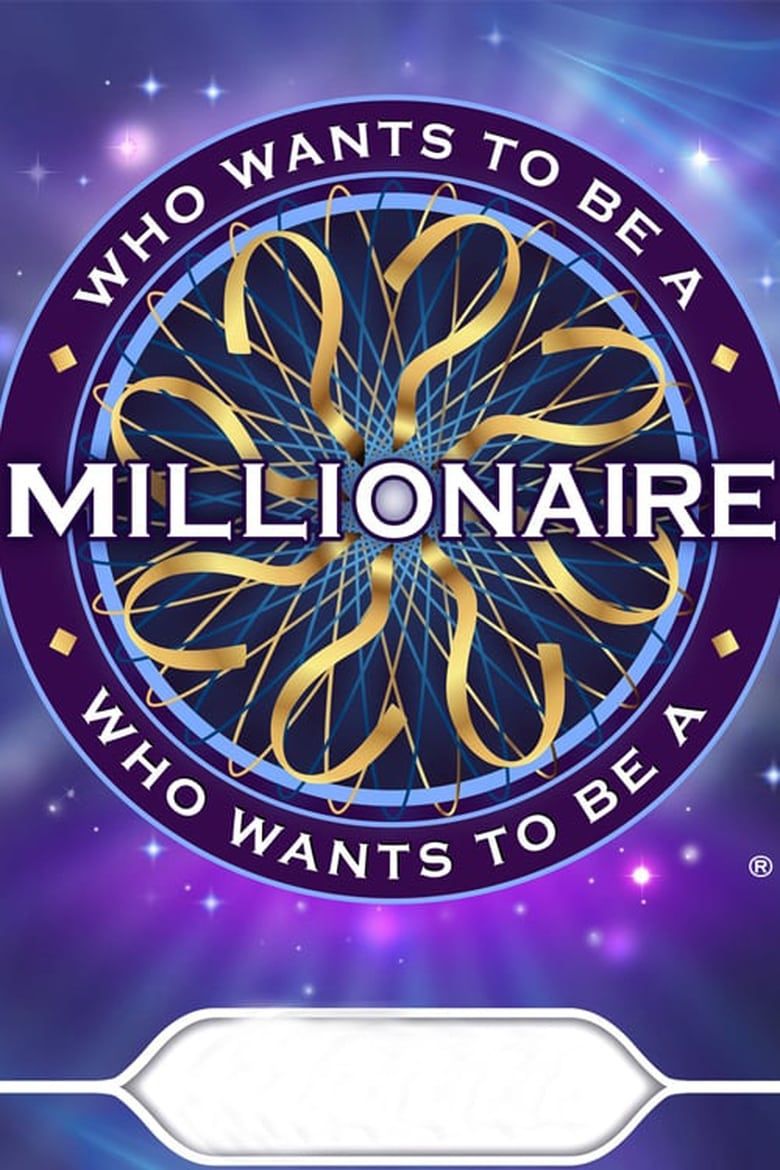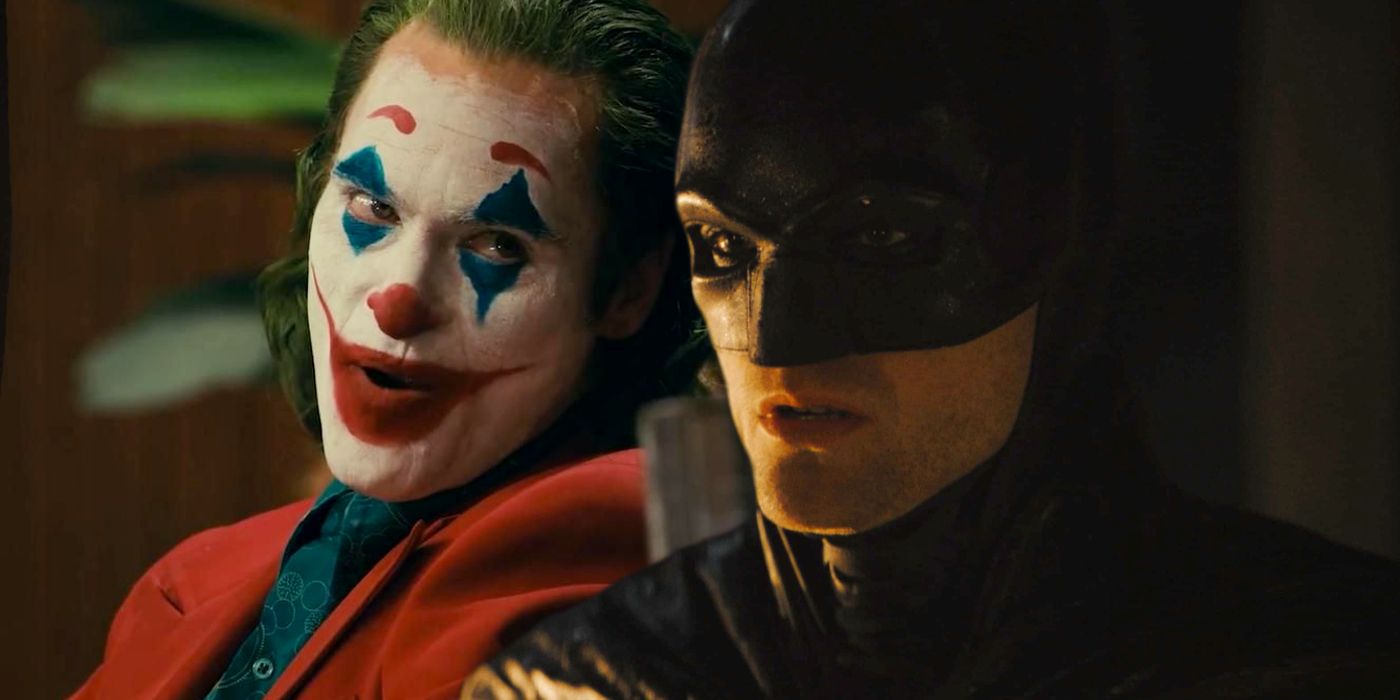If you're going to build a game show around a redundant question, then Who Wants to Be a Millionaire? would provide the template for how to do it, how not to do it, and then how to do it again. The show exploded onto the scene in 1999, instantly making "Is that your final answer?" part of the pop-culture lexicon. It was among the first U.S. network game shows where a contestant could potentially win a million dollars (along with The $1,000,000 Chance of a Lifetime) — if they successfully answered 15 consecutive multiple-choice questions, that is. Sounds easy, but for a game show that has been on air over the course of 25 years in one form or another, the number of contestants that have done so is not what you'd expect. If we rephrase Who Wants to Be a Millionaire? as "Who Is a Millionaire?" the answer goes from "everyone" to "not many."
'Who Wants To Be a Millionaire?' Went From Network Sensation to Syndication
Who Wants to Be a Millionaire? started as a half-hour prime-time program, but after 15 million viewers tuned in for the first 13 episodes, ABC knew it had a golden goose in hand, hosted by Regis Philbin. The network juiced the game show for everything it was worth, airing it five nights a week, with a peak audience for a May 2000 episode reaching a staggering 35.9 million viewers. Here's the thing: when you have a golden goose, you don't kill the golden goose.
It's a lesson the network learned the hard way, with the game show's viewership cratering due to overexposure, leading to ABC cancelling Who Wants to Be a Millionaire? in 2002. However, it was picked up as a syndicated series, which extended its life another 17 years (most with Meredith Vieira) before returning to ABC in 2020 with Jimmy Kimmel. That's over 3,400 episodes, with a conservative estimate of around 10,000 contestants. But for kicks and giggles, let's say a clean 3,400 episodes, with one contestant per episode. If that were the case, then almost 98% of contestants failed to win $1,000,000, a number that is, in actuality, well over 99%.
The Lucky 14 Winners of 'Who Wants to Be a Millionaire'
Over all those years, and all those episodes, only 14 people have ever won the jackpot on the U.S. version of Who Wants to Be a Millionaire?. The first top prize winner in the history of the game show, John Carpenter, took home $1,000,000 on November 19, 1999. That would be followed by five winners in 2000: Dan Blonsky, who won on January 18, 2000; Joe Trela on March 23, 2000; Bob House on June 13, 2000; Kim Hunt on July 6, 2000; and David Goodman winning the top prize on July 11, only 5 days later.
2001 would only produce three winners: Kevin Olmstead, who won on April 10, 2001; Bernie Cullen only 5 days later on April 15; and Ed Toutant, who won on September 7, 2001. Toutant's road to victory was unique, to say the least. He originally appeared on the January 31, 2001, edition of the show, but was ruled out after answering the $16,000 question incorrectly. Yet fate smiled on the man, and it was determined there was an error in the question. He was invited back for the September episode, starting with a new $16,000 question, and took advantage of his second crack at the bank.
The first winner of the syndicated era came on February 18, 2003, when Kevin Smith took home the prize, followed by Nancy Christy on May 8, 2003, the only female top prize winner in the history of the show. Sam Murray won his million dollars in a special edition of the games show, Million Dollar Tournament of Ten, on November 20, 2009. It would take 11 years before someone would win the jackpot again. Only, renowned chef David Chang, by virtue of being the first celebrity in the history of Millionaire to win the money, saw his million dollars go to his selected charity, the Southern Smoke Foundation. The most recent winner, or shall we say winners, is the team of Alan and Ike Barinholtz, celebrities who won $1,000,000 for the ASL Program at Los Encinos School.
Who Wants to Be a Millionaire? is available to stream in the U.S. on Hulu.

Your changes have been saved
Who Wants to Be a Millionaire
Release Date August 16, 1999










 English (US) ·
English (US) ·